Why is Land/Landed Property considered a Highly Desired Form of Real Estate?
Landed property, often referred to simply as land, occupies higher value within real estate due to its versatile value. Its desirability comes from its capacity to serve as a tangible and enduring investment. Landed property acts as a foundational base upon which a wide array of structures can be constructed, thereby facilitating a range of commercial, residential, agricultural, and industrial ventures. Ownership of land offers the potential for significant capital appreciation depending on its location. Consequently, land stands as a symbol of security, and a lasting legacy, solidifying its reputation as a highly coveted category of real estate.
Why Own Land in Cambodia?
Owning land in Cambodia presents a compelling opportunity owing to the country's extensive amount of unexploited land and its strategic cities that are poised for significant development. Cambodia, strategically well located in Southeast Asia where it is surrounded by neighbouring Thailand and Vietnam, offers a unique position for investors looking to capitalise on the region's growing economic potential.
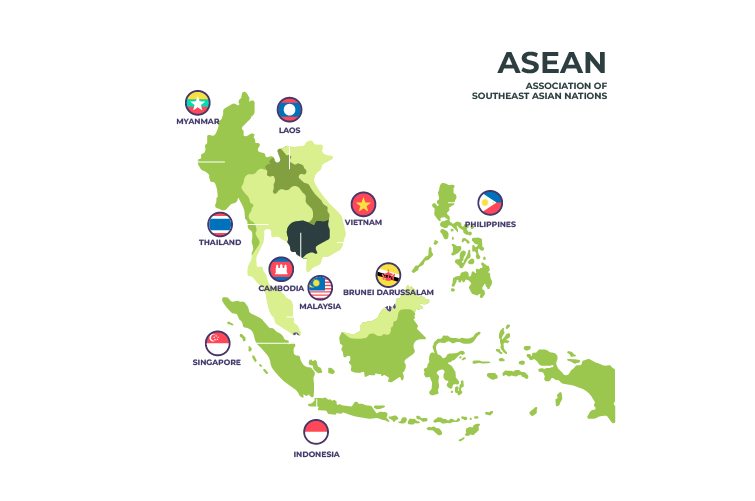
- The capital city of Phnom Penh stands as a vibrant economic hub with rapid urbanisation, making it an ideal location for real estate investment. It is witnessing an influx of businesses, foreign investments, and a growing urban population. This urbanisation trend presents promising prospects for landowners, as it contributes to increased demand for commercial and residential spaces, thus potentially driving land value appreciation.
- Sihanoukville, situated along the coastline, has transformed from a quiet coastal town into a bustling port city and developing as a tourist destination. The city's strategic location near international trade routes and its rapidly growing infrastructure make it a focal point for property development.
- Siem Reap, known for its proximity to the Angkor Wat temple, has also emerged as an area of interest. The city's tourism sector has experienced consistent growth, attracting visitors yearly. This has led to increased demand for accommodation, entertainment, and related amenities, offering landowners a chance to explore the hospitality and tourism industry.
.png.png)
How Can Foreigners Invest in Landed Property in Cambodia?
Investing in landed property in Cambodia as a foreigner is subject to certain regulations and restrictions. Foreigners are generally prohibited from owning land outright in Cambodia. However, there are alternative options to consider.
-
Investment in a Cambodian Company:
Foreign investors have the option to invest in a Cambodian company, wherein they establish a company that holds land ownership and where the foreign investor becomes a shareholder. However, this method typically necessitates majority ownership by Cambodian citizens, usually involving a distribution of 51% of shares to Khmer citizens and 49% to foreign investors, making it a relatively safer approach favoured by foreign investors.
-
Trust Services
Some foreigners explore the option of setting up a trust to hold and manage their property interests in Cambodia. A trust involves transferring legal ownership to a trustee, who has the property for the benefit of the foreign investor (the beneficiary). Trusts can offer added protection and flexibility, as well as potential estate planning benefits.
-
Long-Term Lease Agreement
Foreigners can acquire land through a long-term lease. The most common lease term is 50 years, and it is a one-time renewal of 99 years. The lease grants you significant control and use of the property during the lease period. Therefore, it opens doors for foreign investors to engage in various sectors, including residential, commercial, or industrial properties, within the specified leasehold period.
-
Nominee Structure
Using a nominee structure consists of allowing Cambodian citizens to hold legal title to the property on behalf of the foreign investor. This practice can be legally complex and may involve risks. It is generally not advised to use this method as the property's legal title is held by the nominee, therefore the foreign investor lacks direct control over the property which can lead to disputes or difficulties in managing the property as intended.
What Do You Need to Invest?
Valid Passport and Visa: A valid passport is essential for identification purposes. Additionally, you would typically need a valid visa that permits you to stay in Cambodia for the duration necessary to complete your property investment and related transactions.
Financial Resources: Adequate financial resources are necessary to fund your property investment. This includes the purchase price of the property, transaction costs (such as legal fees and taxes), and any additional costs associated with property ownership.
If you are interested in learning more about landed properties in Cambodia, talk to our agents today to find out more

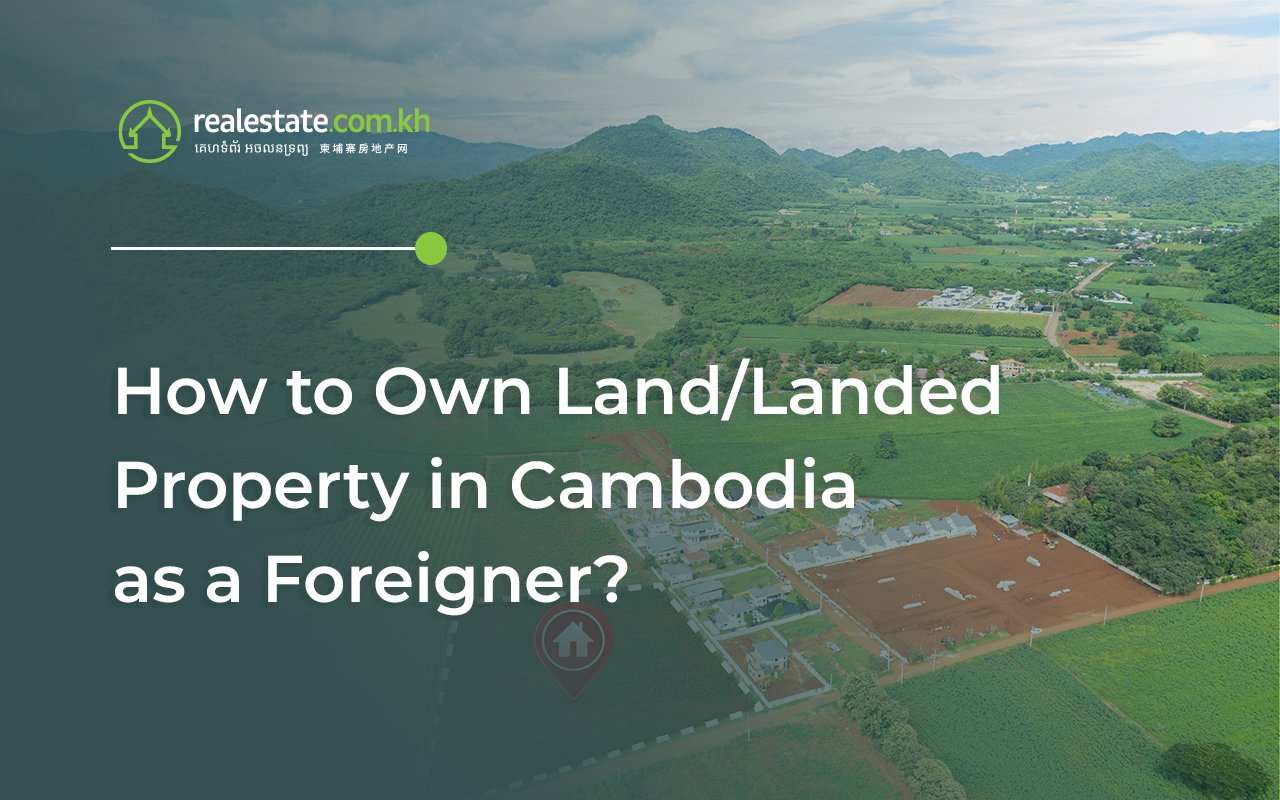
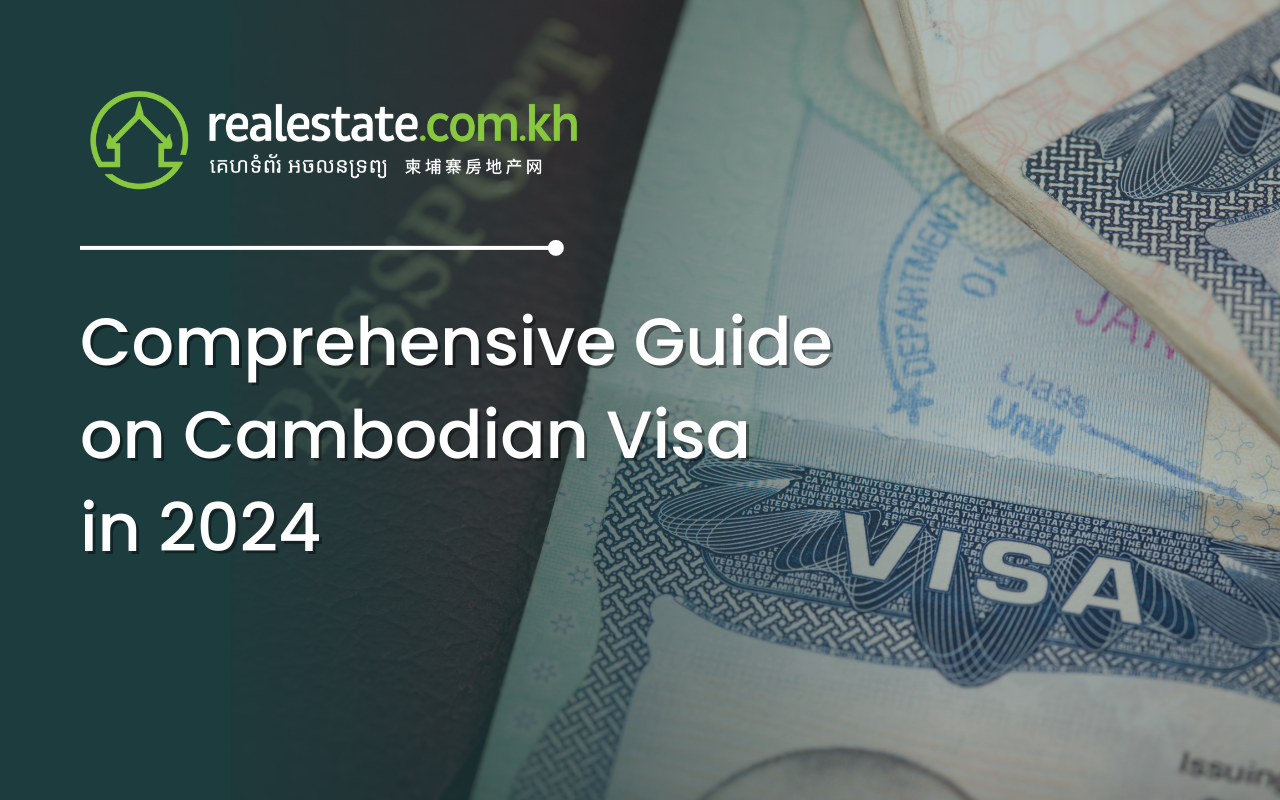
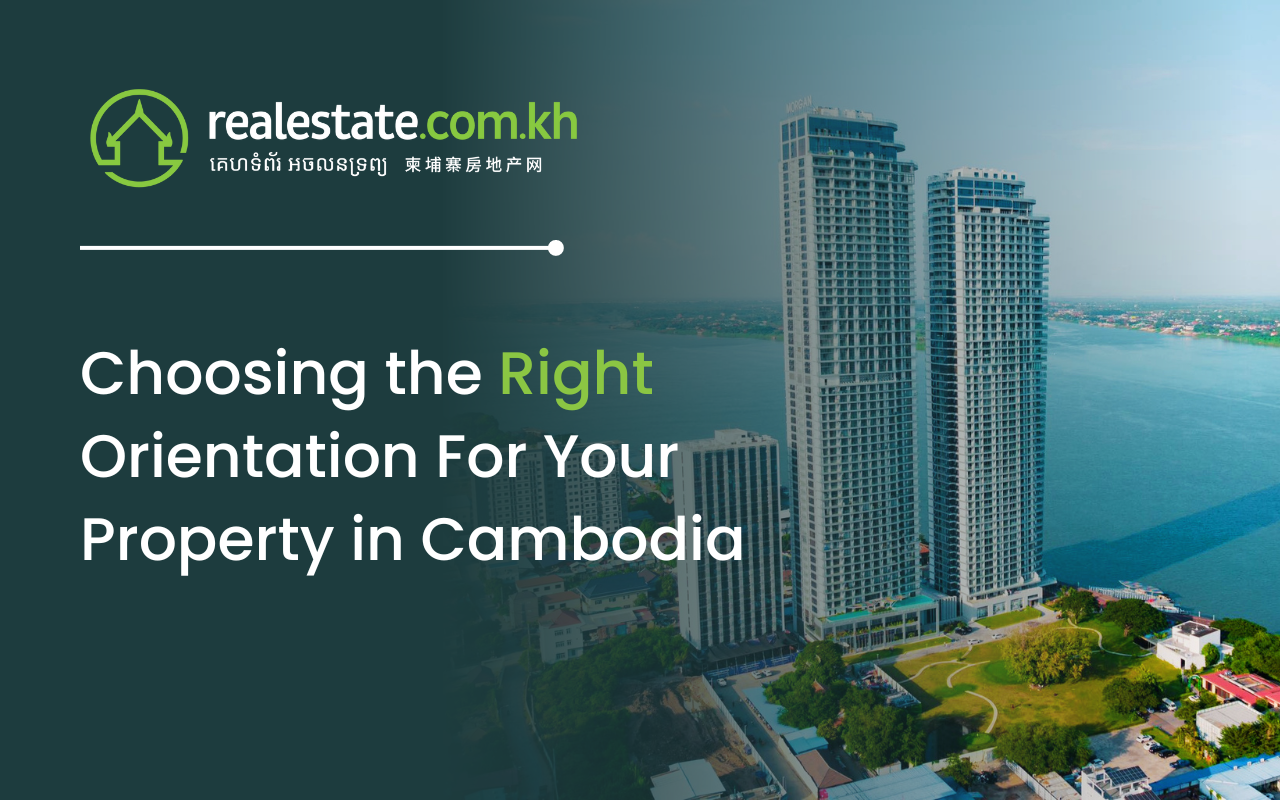
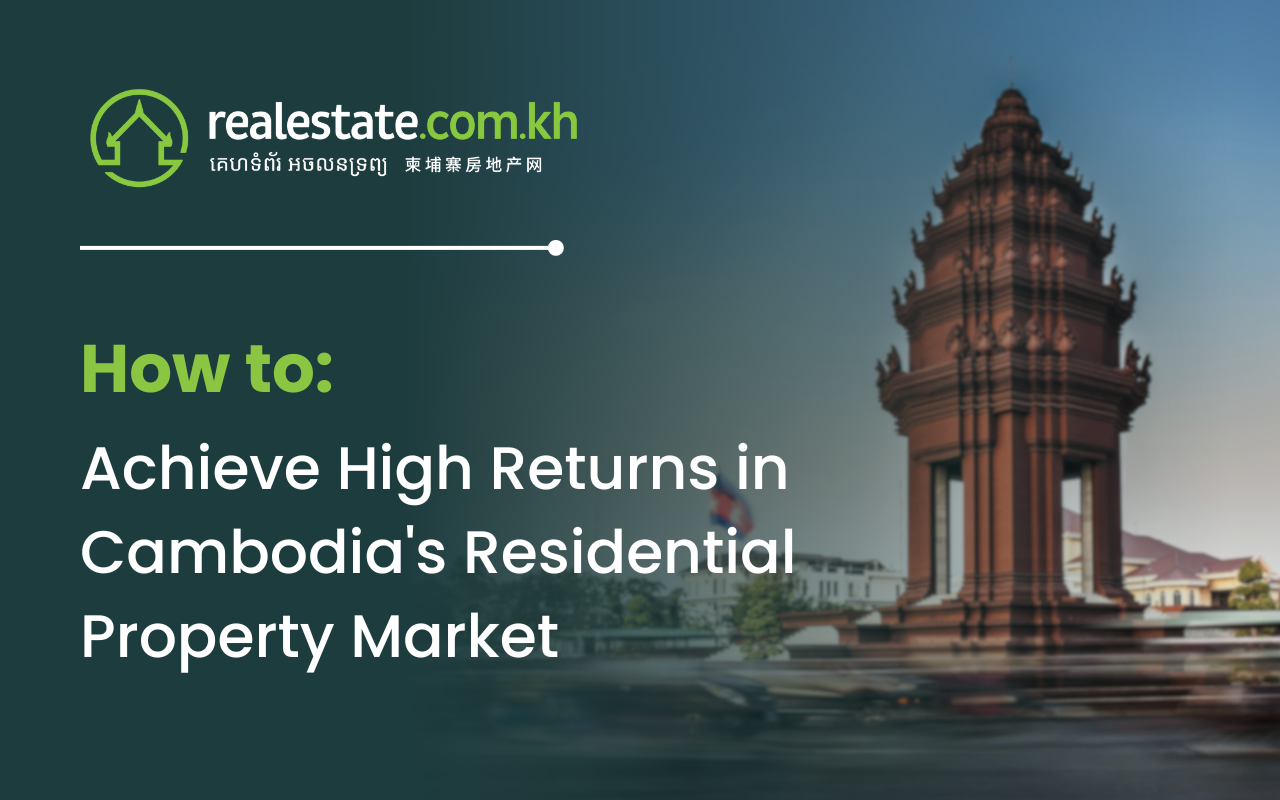
Comments